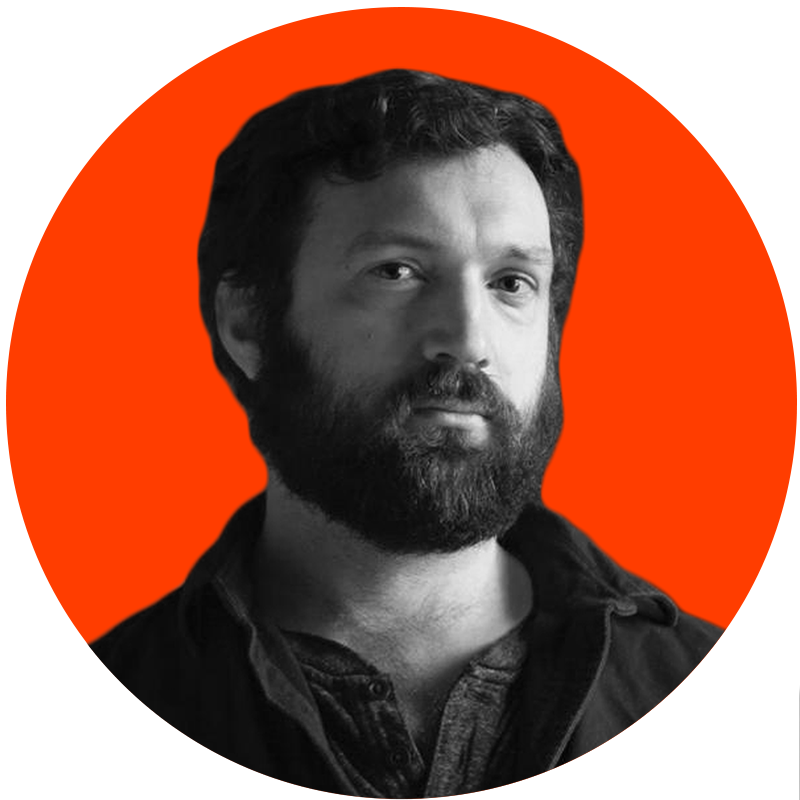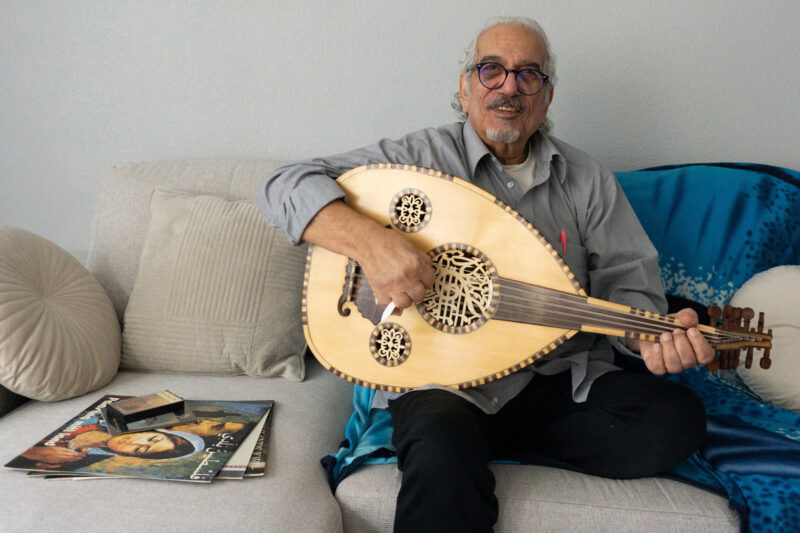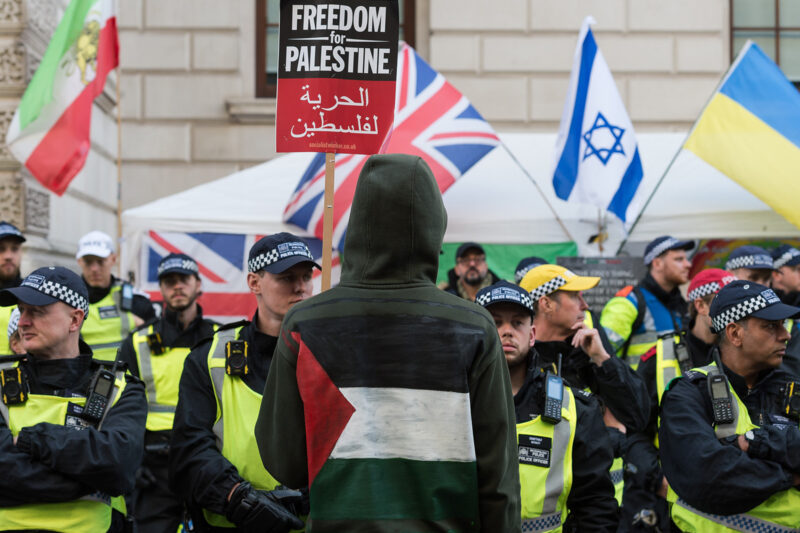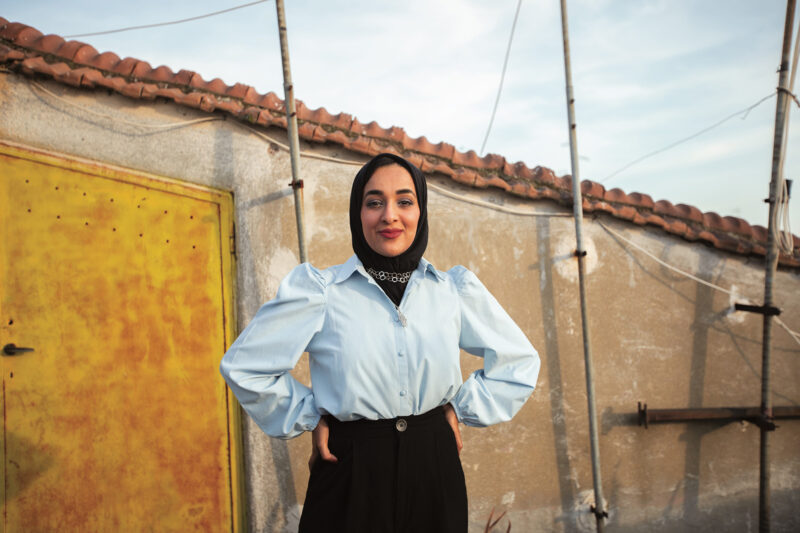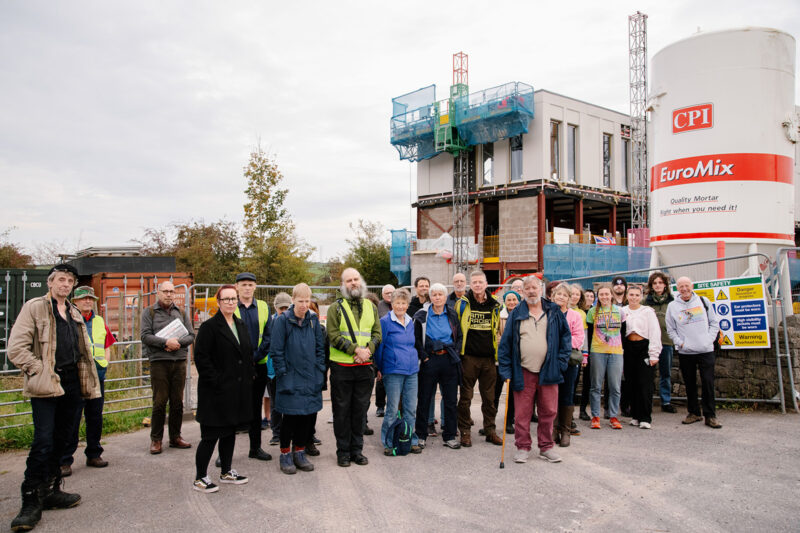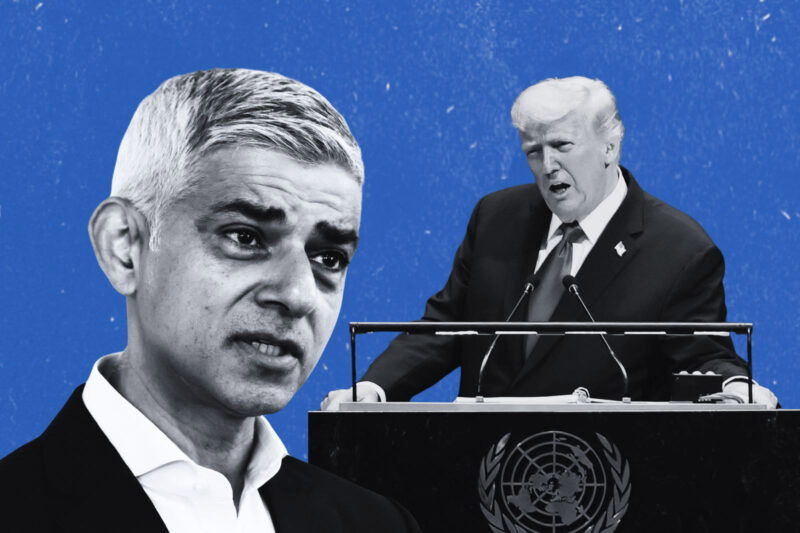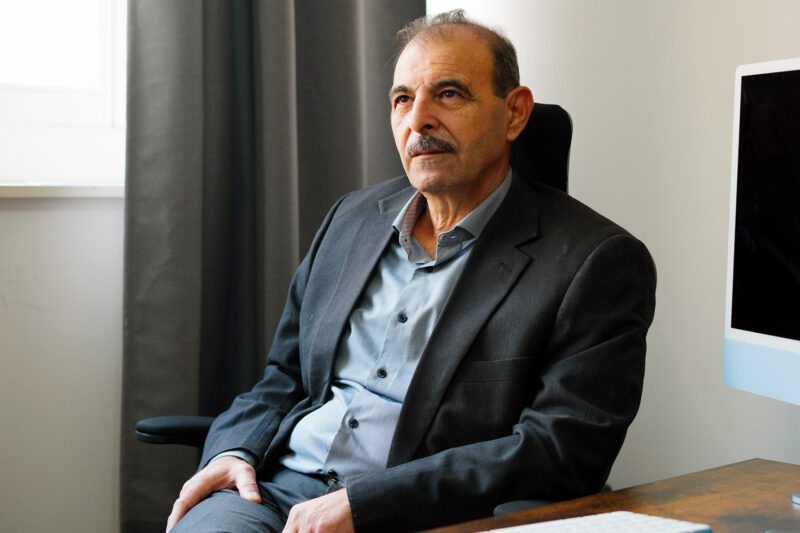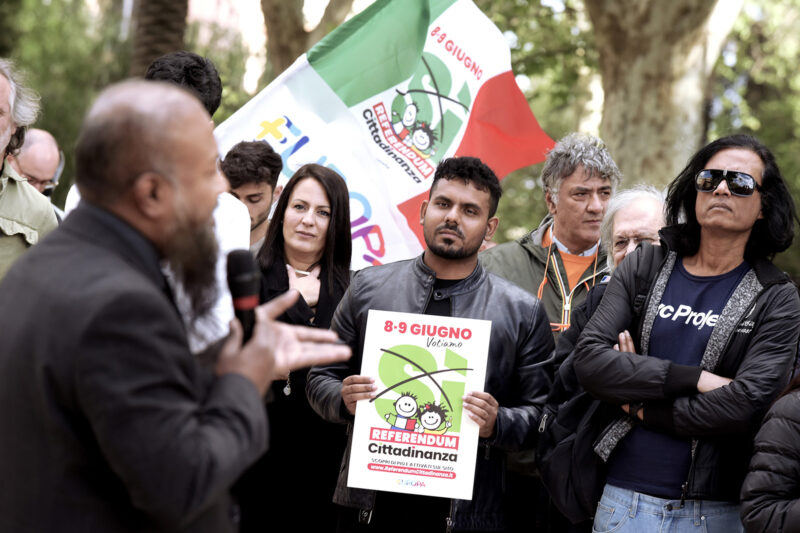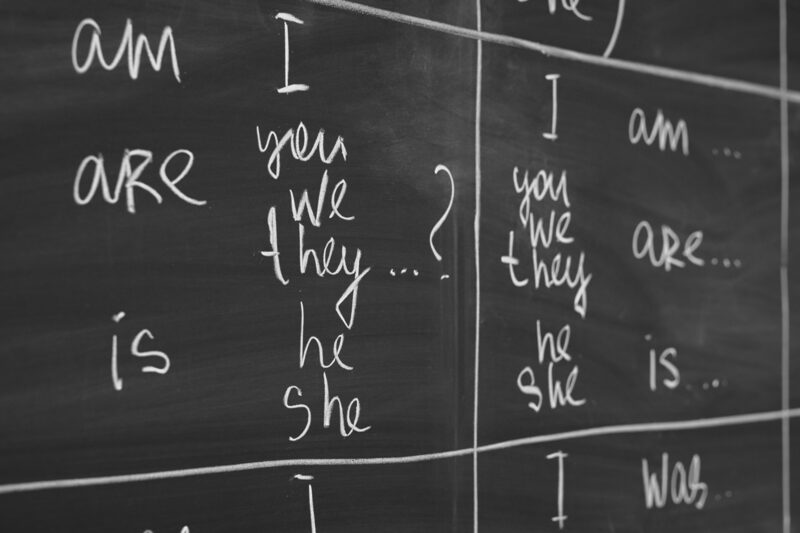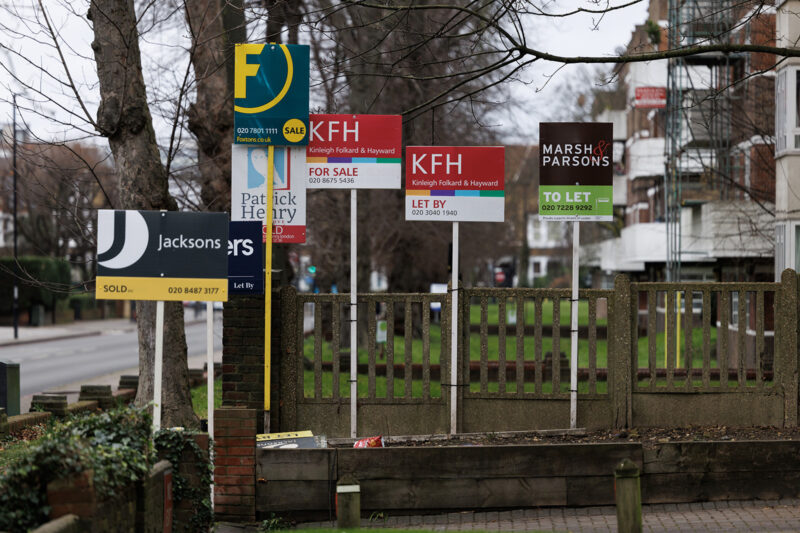Sweden Democrats force the country’s election agenda to the right
As Swedes get ready to head to the polls, the far-right, anti-Muslim party is playing a vital role in a conservative coalition with its sights set on power
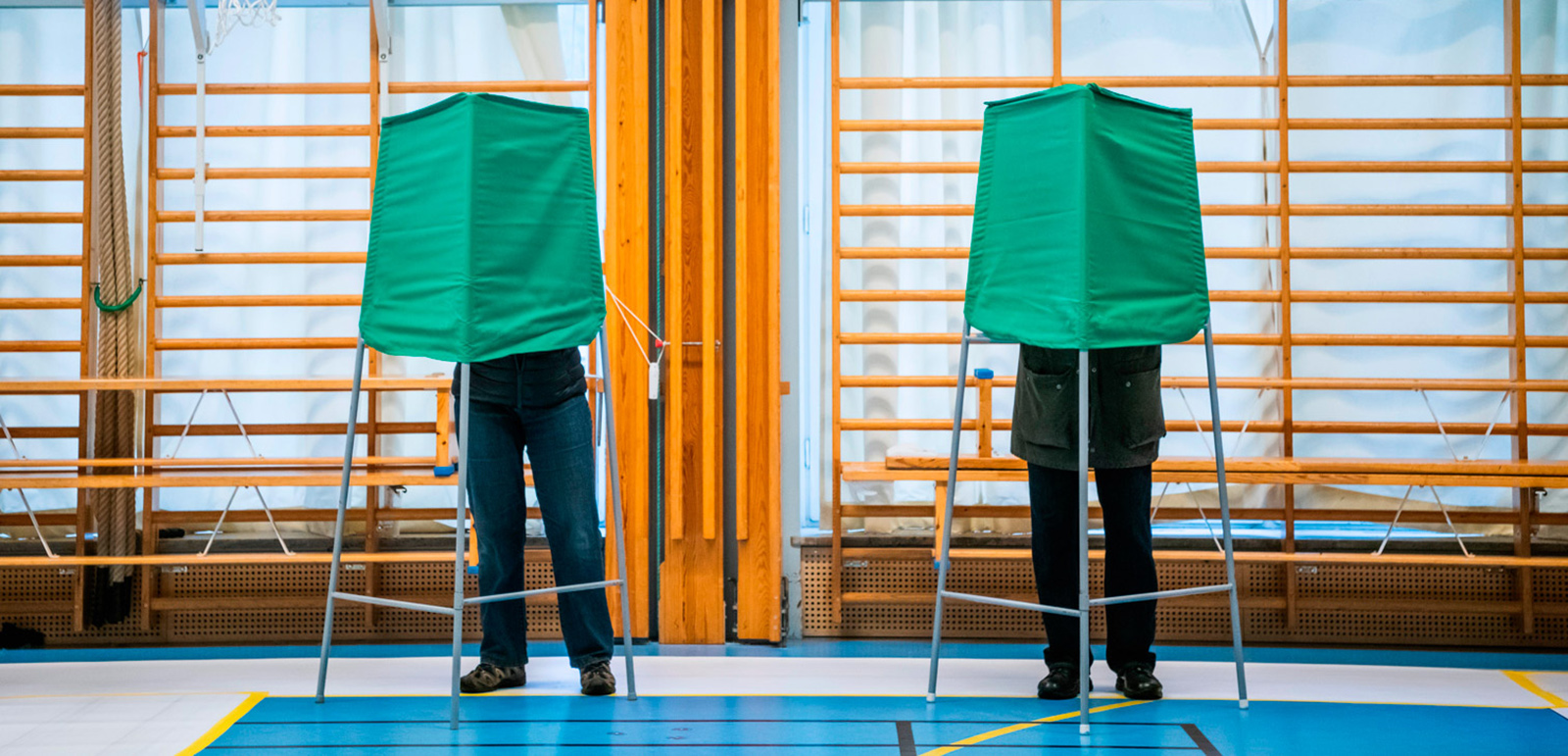
Malmö, on the southern tip of Sweden, doesn’t feel that different from any other metropolitan area in northern Europe. Watching its people riding around on bikes and heading to parks to sunbathe, you feel as if you could easily be in Amsterdam, Hamburg or Copenhagen. On its beachfront, locals sip beer and swim while extended Middle Eastern and West African families barbecue and play games.
In many ways, this port city of 344,000 people is the face of a modern, cosmopolitan nation. Over the past 10 years, however, it has also developed a reputation as a dangerous, crime-ridden place, riven by social and religious segregation.
This dystopian image has been propagated by a long line of foreign journalists parachuted in by right-wing platforms, such as Fox News and Breitbart, but also by supposedly more reputable outlets. In Sweden, Malmö and its suburbs are used by hardline conservative commentators and politicians as shorthand for escalating cultural divisions, rising crime rates and worsening social problems. Now, as Swedes ready themselves for a general election on September 11, these questions have never been more pertinent.
Far-right groups have always operated at the fringes of Sweden’s politics, but it was only after 2010 that serious anti-immigrant sentiment began to become mainstream, driven by a growing dissatisfaction with the actions and positions of mainstream political parties.
That process was turbocharged in 2015 when Sweden became one of the few western European countries to take in large numbers of people displaced by the ongoing conflict in Syria. Partly as a result of the refugee crisis, Sweden’s already growing Muslim population rose to around 800,000. In a country of just over 10 million people, this statistic was seized upon by the extreme right — especially the staunchly anti-immigration and anti-Islam Sweden Democrats.
The SD, as the party is widely known, is polling at close to 20% of the national vote. The party is positioning itself as an equal partner in an opposition bloc comprising itself and Sweden’s traditional conservative parties, which hopes to unseat the ruling Swedish Social Democratic Party and form a new government.
At the heart of the SD’s philosophy is a belief that Islam poses an existential threat to Sweden’s way of life. Its leaders believe that the country stands on the precipice of ruin, overrun by Muslim immigrants who have annexed whole neighbourhoods, diluted the nation’s culture and caused colossal damage to the economy and welfare system.
The SD’s central policies include slashing migration, repatriating already settled immigrants and introducing draconian punishments for young offenders. Now an established part of Sweden’s opposition bloc, it has its sights set on a cooperative relationship with any new conservative prime minister, giving them more power than ever before.
The district of Rosengård in Malmö is a good example of what the SD tells voters the rest of Sweden will look like in a few years. The local shopping centre is filled with Syrian bakeries, Middle Eastern clothing stores and halal butchers. At the job centre, a long line of unemployed locals sit in the waiting area to find work. The library next door has a large section for Arabic and Farsi speakers and an old storeroom at the back is being used as a makeshift mosque.
Malmö’s inner suburbs have a high rate of violent crime and the housing schemes visible from the mall forecourt have the highest unemployment rate in the country. The city has been host to fatal shootings and clashes between gangs and the police for decades. Sweden is one of the richest countries in Europe, but here the overlap between poverty, ethnicity and social problems is clear. Even so, Rosengård and places like it are far from the no-go zones described on US cable news and the international press.
In a tent outside the shopping mall two young women in hijab try to drum up enthusiasm about the forthcoming election as part of a publicly funded drive to bring so-called “new Swedes” into the country’s democratic process. People in suburbs such as Rosengård are less likely to vote than those in more affluent areas. Many are simply unaware that they can vote in an election in which neighbourhoods like theirs are taking centre stage.
One of the women, Aishah, came to Sweden from Afghanistan four years ago and now speaks good Swedish, alongside her native Dari. She explained that anti-Muslim racism is common and that she has been abused for wearing hijab, but added that voting is a first step to bridging cultural divides.
“It’s hard when not everybody speaks Swedish or understands,” she said. “But, by talking, you can explain more about your own situation. You can help people to access Swedish society and also better explain what is important to these excluded communities.”
According to the national migration agency, immigration to Sweden peaked in 2015, when 162,877 people sought asylum there. Many of the new arrivals were from Syria, Afghanistan and Iraq, but Islam has been present in Sweden for several generations. From the 1950s onwards, Iranians, Bosnians, Turks and Kurds have all settled in the country, making contemporary Swedish Muslim identity much more complex than the tabloid idea of atomised communities of recent immigrants living completely separately from the rest of the society.

Leaving Aishah to distribute her information, I headed to a low metal-clad office building that used to be the neighbourhood police station. Now, it is home to Allas Lika Värde (Swedish for “All Are of Equal Value”), a local charity dedicated to building cross-community understanding. Inside, a group of young people were sitting around a table. Ali had just turned 18 and had been working as a “vote ambassador”, a summer job financed through the local council. This would be the first election he has been able to cast a vote in. The group discussed how the election is perceived in Rosengård and how the area is portrayed in the national media. While he wasn’t sure which party he would choose on polling day, Ali was adamant that “the Sweden Democrats are racists” that need to be defeated.
His colleague Dania, who is the daughter of parents from Iraq and grew up in Malmö, was less strident. Exhibiting a certain apathy towards the promises of politicians, she told me she didn’t necessarily consider the SD to be the bad guys.
“Sure they do stupid stuff, but they’re not racist — people vote for them for loads of reasons,” she said. “But a lot of political parties just say stuff and nothing happens anyway.”
Both Ali and Dania are the children of immigrants, raised in culturally Muslim families but, like many second and third-generation Swedes, said they were not especially religious.
To understand why this election is so important to Muslim Swedes, you need to understand a little about the backstory of the SD and its recent rise to political prominence. The party was founded in the late 1980s to act as an electoral vehicle for a variety of hardline conservative, nationalist and neo-fascist movements. Over the next 20 years it gradually cleaned up its image, then made a huge breakthrough in 2010 winning seats in the national parliament. Steered by its charismatic, modernising leader Jimmie Åkesson, the SD’s share of the vote has grown in every election since.
‘To call Islam — a global religion with 1.8 billion followers — deplorable is itself simply deplorable’
Åkesson joined the SD at a time when it was still dominated by extremist voices. Since he took the helm in 2005, he has steered the party into the political mainstream, expelling openly extremist members and cultivating a folksy public image that casts him as the only politician who understands what matters to the average Swede. By speaking to widespread concerns about struggling public services, the rising cost of living and crime, and emphasising policies targeted against immigrants and young offenders, the SD has become a potent and increasingly well-resourced populist movement with power in its sights.
One of the SD’s campaign cornerstones is to reduce asylum applications from countries outside Europe to zero. The party also wants all immigrants to take language and culture tests as a condition of citizenship, and for already naturalised immigrants to have their citizenship revoked and face deportation should they be convicted of a crime. It also demands that the state should close down mosques and deport anyone with links to extremism. Most worrying of all, if in power, it would encourage people of non-European heritage to return to their countries of origin.
Last year, party secretary Richard Jomshof described Islam as “a deplorable ideology” in a television interview. Along with Åkesson, he is part of the “gang of four”, a group of men responsible for shaping the SD’s present-day identity. At the time, Jomshof’s comments were criticised by mainstream conservatives.
“To call Islam — a global religion with 1.8 billion followers — deplorable is itself simply deplorable,” said Ulf Kristersson, leader of the centre-right Moderate party. But, as polling day approaches, the Moderates have embraced the SD as a potential coalition partner in Kristersson’s effort to topple the Social Democrats and become prime minister.
Even if the right-wing bloc — spearheaded by the Moderates and including the Christian Democrats, the Liberals and the SD — does not win, the Sweden Democrats have succeeded in making their idea that Muslims and immigrant communities are the primary cause of the country’s social ills an inescapable part of mainstream political discourse.
The previously liberal Moderates have taken a harder line on asylum and immigration lately, saying that “no should mean no” when it comes to the appeal of rejected applications, while the Liberal party suggested that children as young as two should be subject to Swedish language tests. The Social Democrats, meanwhile, have floated the idea of housing quotas for “non-Nordic” residents in a given area, with the aim of breaking up strong minority ethnic communities and managing integration.
Bilan Osman is a prominent journalist of Somali heritage who has written extensively about the SD’s mainstream entryism and the way Sweden’s political landscape has shifted to accommodate the party. She believes that the SD’s sanitised, populist brand of nationalism has only provided more fertile ground for the propagation of extremist positions.
“It isn’t the SD that has changed — it’s society,” said Osman. “The party exists in a symbiotic relationship with the radical nationalist sphere.”
She also pointed out that the Swedish far right’s strategy of using the social and economic deprivation within the country’s Muslim communities as a launchpad for a racialised discussion about cultural integration and belonging both ignores and compounds the real issues.
“When you look at the problems you can see that youth violence and organised crime, while not the same thing, both rely on poverty and exploitation,” Osman said. “The solutions are not to somehow make people less Islamic or less foreign, but to ask why so many people without an ethnically and linguistically Swedish background end up in these situations and to come up with the resources to tackle them.”
As Sweden has sweated its way through a summer heatwave, voters have continued to be confronted by newspaper headlines and political slogans warning of the threat posed by a parallel Muslim society operating within the country’s own borders. According to Simon Sorgenfrei, a professor of religion at Södertörn University in Stockholm, such pronouncements are yet another example of the far right taking a kernel of truth and distorting it beyond recognition.
“On the one hand it has become much easier to keep a strongly Muslim identity in Sweden,” he said, pointing out that Sweden is now home to more organised Muslim communities than ever before and that new mosques are appearing in most cities. “But we can also see that secularisation is continuing in Sweden — and not just among ethnic Swedes with Christian backgrounds, but among people with immigrant backgrounds too.”
Sorgenfrei also believes that the ethnocentric, anti-Muslim culture war being waged by the SD — and at least partially embraced by Sweden’s traditionally centre-right parties — is a distraction from the far more pressing issue of racial inequality within the country.
“It’s a fact that we have growing socioeconomic gaps in Sweden and that there is a clear ethnic component to it,” he said. “Of course, it is good if politicians and decision-makers dedicate time and energy to that question. How they do it, however, is a very different matter. We’re into the final phase of an election campaign with a very marked tone and some extremely pointed strategic positioning. We have to hope that, after it is over, we can start to look at these issues afresh, when we’ve all taken a deep breath and cooled down a little.”
Some names have been changed to protect subjects’ privacy.
 Newsletter
Newsletter

